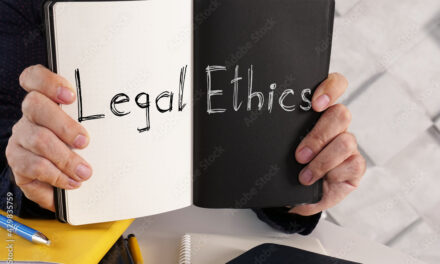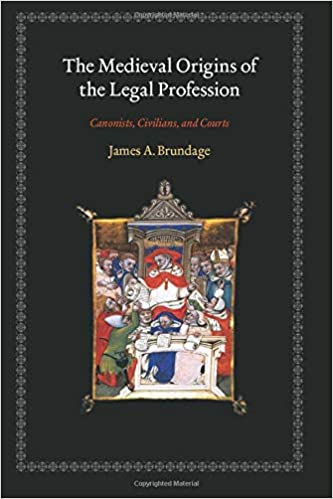A CICERONIAN AXIOM
Marcus Tullius Cicero (106 BC-43 BC) aka Cicero, one of history’s greatest lawyers, as well as one of the top 10 orators of Western Civilization, one of the top 50 philosophers thereof, and one of its top 100 constitutionist statesmen made the following remark, at least once:
“You simply must believe the the argument you are advancing, otherwise you are lost. No chain of reasoning no matter how logical or elegant or brilliant, will win the case, if your audience senses that belief is missing.” (Emphasis added.)
4. Are we trained to do this sort of thing?
5. Should we be?
6. How should that be done, if at all?
7. Would or should the Bar give CLE credit for this sort of course? (MSQ Hypothesis: Certainly not given its most recent denial of CLE credits.)
8. As a profession would we like our rhetorical world to be Ciceronian?
9. Is his view of the world of the advocating lawyer possible in the new, cyber-digital world?
*Michael Sean Quinn
Law Office of Michael Sean Quinn
1300 West Lynn Suite 208
Austin, TX 78703
Office Phone: 512-296-2594
Cell:512-656-0503
Fax: 512-344-9466
Email: mquinn@msqlaw.com
**See the very short and immensely popular book entitled ON BULLSHIT by Harry G. Frankfurt (2005), a distinguished Professor of Philosophy Emeritus at Princeton University and a major player in American philosophy during the 4th quarter of the 20th century and still going strong. See my commentary on this book, “On Bullshit for Lawyer” also entitled “The Bullshitting Lawyer.”

![TEXAS INSURANCE BAD FAITH: MENCHACA II: ABOUT SUBSTANCE (QUINN’S PART THREE]](https://www.michaelseanquinn.com/wp-content/themes/Extra/images/post-format-thumb-text.svg)



Recent Comments